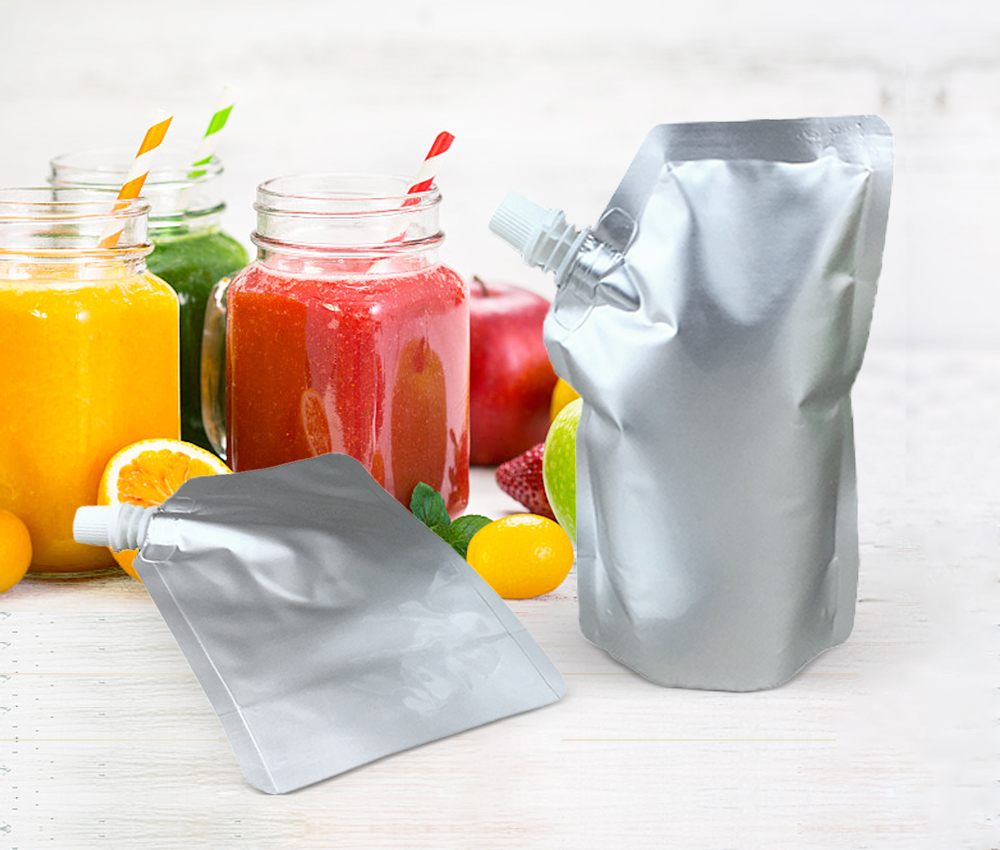 Tel: +86 188 2689 9458
Tel: +86 188 2689 9458
 Tel: +86 188 2689 9458
Tel: +86 188 2689 9458
source:other news release time:2023-06-28 Hits:

The correct selection of packaging materials is an important condition for the effective application of inflatable packaging. Inflatable packaging must use materials with good air and moisture resistance properties to maintain the optimal gas composition inside the packaging. Plastics and their composites are widely used in inflatable packaging in the form of flexible packaging, Thermoforming platters and other forms due to their advantages of wide source, easy processing, portability and beauty. This mainly discusses the selection of plastic materials.
Commonly used materials with good gas and moisture resistance properties include PVDC, KOPP, PET, PET/PE, PT/PE, PA/PE, PP/PVDC/PE, PA/EVA/PE, PET/EVAL/PE, etc.
When selecting materials, the product characteristics and inflatable packaging requirements should be taken into account, as well as the source and price. For example, fresh meat can be packaged in inflatable packaging (65% -80% O2, 35% -20% CO2, refrigerated at 5 ℃), with materials such as PVDC, PET, PA, EVOH, etc; Choose inflatable packaging for pies (65% -80% O2, 35% -20% CO2, 30% N2), with materials such as PET/PE, PET/EVAL/PE, etc. available; Choose inflatable packaging for cauliflower (5% O2, 5% CO2, refrigerated below 10 ℃).
Inflatable packaging is commonly made of double-layer composite film or three-layer aluminum thin composite film with three sides sealed packaging bags. The thickness of the composite film is generally between 60-96 um, with the inner layer being a heat sealing layer that needs to have good heat sealing performance, with a thickness of 50-80 um. The outer layer is a sealing layer that needs to have good airtightness and printability, a certain strength, and a thickness of 10-16 um. Polyethylene (PE) is commonly used as the inner substrate of composite films, such as high-temperature resistant polypropylene (CPP) for high-temperature cooking bags, and stretched polypropylene (OPP), polyester (PET), nylon (PA), etc. are commonly used as the outer substrate. Some foods such as tea, milk powder, and some high fat foods require light blocking packaging to prevent the color, aroma, and taste of the food from being affected by light. The method is to composite a thin layer of aluminum foil (AL) between the inner and outer layers of the substrate, which also enhances its airtightness.
Read recommendations:
China Factory Baby Complementary Food Spout Pouch Baby Food Fruit Puree Bag With Spout Packaging Bag
flexible packaging films custom
bag for food packaging.What are the application scope of composite packaging bags
Packaging products in aluminum foil bags gives you great face
Popular recommendation
Coffee & Tea pouch
Super pouch
Eco Friendly Plastic Mylar Pouch Stand Up 50ml 100ml 200ml 250ml Custom Aluminum Spout Pouch
wine bag in box Manufacturing
juice bag in box company
bag in box packaging supplier
spout pouch machine
smart spout pouch manufacture
coffee grinds pouches wholesale
mini Snack food bag Manufacturing
Human care in food packaging
Guide the use of plastic packaging bags
Development history of vacuum bag technology
Advantages of coffee bags
Paper packaging
Food packaging bag detection
Food design graphics analysis.
How to determine whether the food packaging bag is regular?
juice bag in box Factory.Classification of liquid packaging bags
stand up pouch coffee packaging wholesaler!How to order universal vacuum packaging bags?
Specifications and characteristics of composite food packaging bags.petco free dog food bag manufact
You choose the skills of food packaging real vacuum bags.biodegradable spout pouches manufacturer
How to build a packaging bag brand?
Cake powder packaging bag.zip lock aluminum foil bag
What are the materials of rice bags?
What should I pay attention to when using food packaging bag composite in winter.smart food Snack fo
Tell you how to detect aluminum foil adhesive coating.aluminium foil coffee bag
The difference between boiling and cooking plastic bags is so big.Biodegradable Bubble mailing bag w
Food aluminum foil bag.aluminium retort pouch
Why is there color difference in plastic flexible packaging printing?